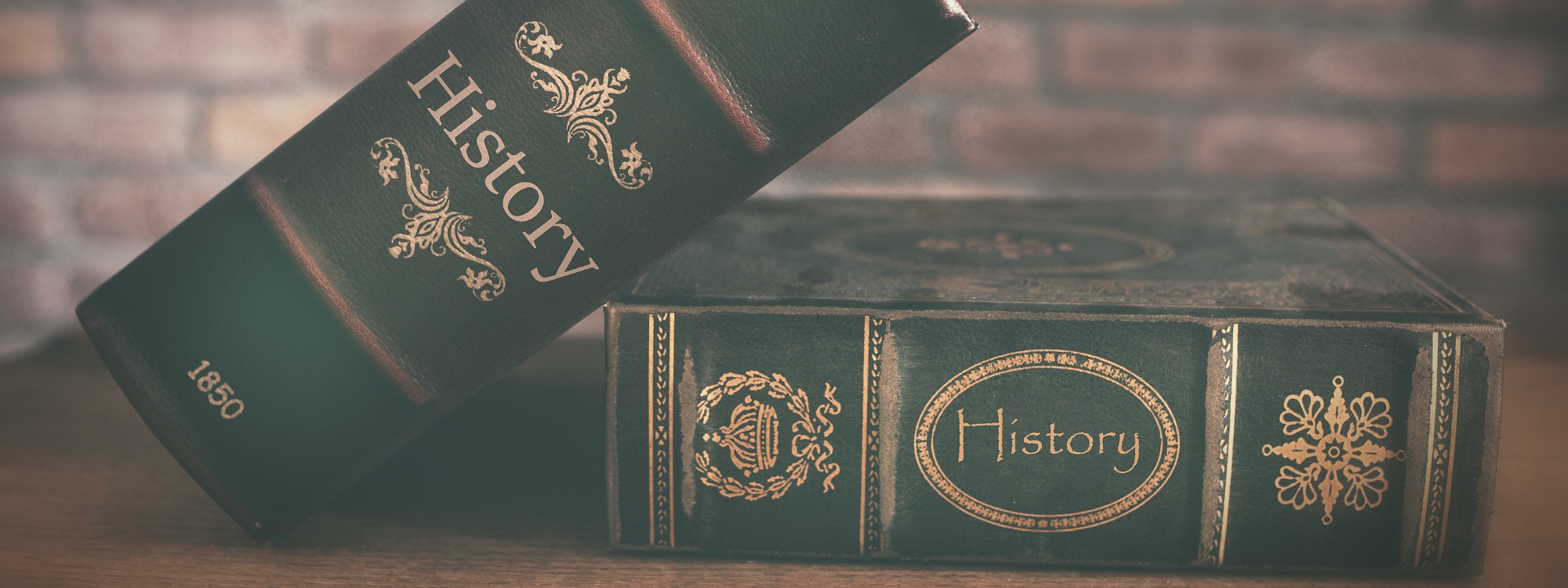
History
‘Those who do not understand their history are doomed to repeat it’ - George Santayana
Our curriculum develops students’ curiosity about the past by motivating them to study a wide range of UK and World History. These studies are designed to inspire a deep-rooted enthusiasm for understanding the past, while developing the contextual knowledge and related investigation skills to become enthusiastic and engaged critical thinking world citizens. The department is committed to combining a high degree of subject knowledge with a joy for learning about the past to enthuse and inspire all of our students regardless of ability or key stage. It is our belief that for people to understand the world they live in and be successful in adult life, they must have a contextual understanding of world history and the ideas and motivations that shaped it.
The spiral model that shapes our curriculum design is grounded in the theory of schematic development, a process in which students are motivated to develop, revise and extend their core knowledge bases to allow them to continually progress their understanding. This in turn promotes ever increasing confidence in their learning, by expanding subject and cultural literacy that is empowered by a secure knowledge base.
Minimum Entry Criteria
Desired: 7 in History (or 7 in English Literature if the subject is not studied at GCSE)
Essential: 6 in History (or 6 in English Literature if the subject is not studied at GCSE)
Board
OCR
Outline of the Course
- Unit 1: British period study: England 1445-1509: Lancastrians, Yorkists and Henry VII
- Unit 2: Non-British period study: The Cold War in Asia 1945-93
- Unit 3: Depth Study – China and its Rulers 1839-1989
- Unit 4: Individual Assignment – an opportunity to research and write on a topic of your choice
Assessment
|
Type of Assessment |
Duration |
Weighting |
|
|
1 |
Examination: The first question is a source response, focusing on the emergence of the conflict between the Yorkists and Lancastrians and the first downfall of Henry VI. The second question is an analytical essay, focusing on the reigns of Edward IV, Richard III and Henry VII. |
1 hour 30 minutes |
25% |
|
2 |
Examination: The first essay requires precise analytical thinking, whilst the second looks at the rule of the presidents and ideologies in developing aspects of the Cold War. |
1 hour |
15% |
|
3 |
Examination: Three essay questions: The first question focuses on comparing and contrasting historian’s opinions of either The First Opium War, The Boxer Rebellion and The Cultural Revolution. The next section requires you to answer two thematic questions which encourage an evaluation of the themes and timing points that have led to the development of modern China. |
2 hours 30 minutes |
40% |
|
4 |
Coursework: Independent Study Essay: 4,000 words: An exciting opportunity to pursue your own research interests and write an essay on a topic of your choosing. This is excellent academic preparation for competitive Russell Group university courses. |
2 terms |
20% |








